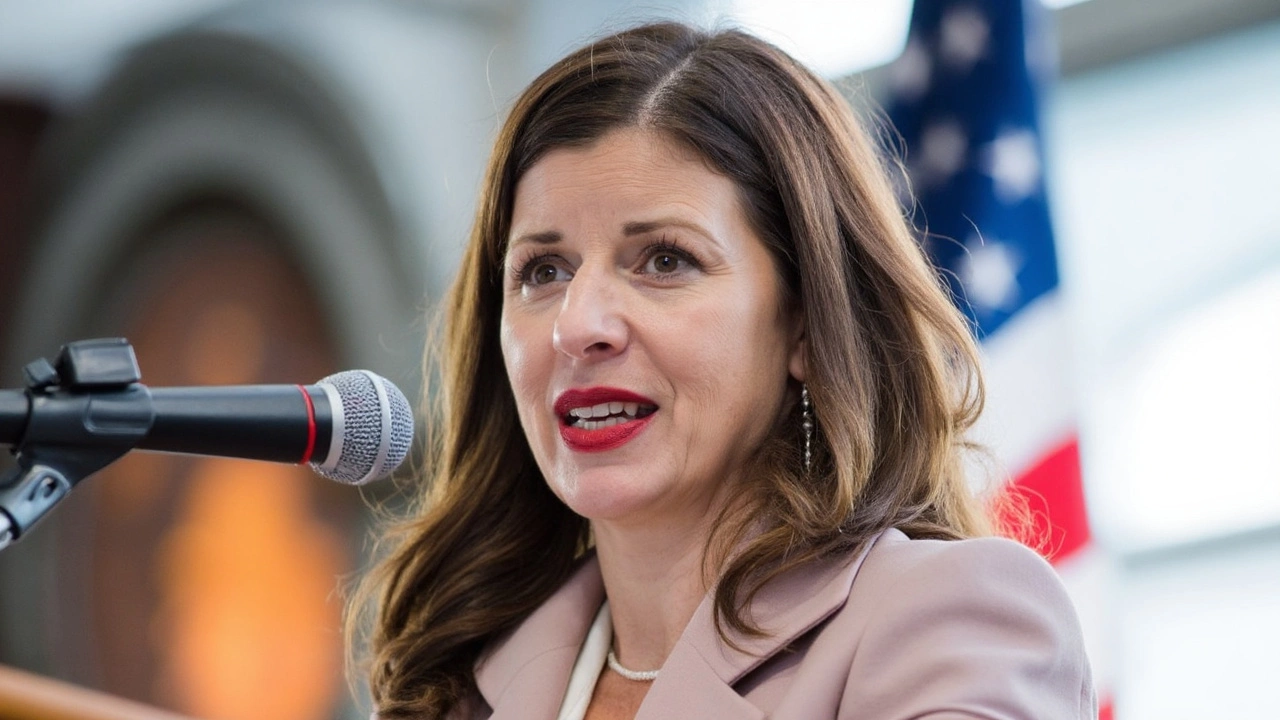The upcoming Senate race in Michigan has taken an unexpected turn as two of the Democrats' heavy hitters, Governor Gretchen Whitmer and former Transportation Secretary Pete Buttigieg, have decided not to throw their hats into the ring. Their exit leaves a significant gap as the party scrambles to find a formidable candidate to hold onto the seat being vacated by the retiring Senator Gary Peters.
Currently, State Senator Mallory McMorrow stands as the sole Democrat who has officially declared her candidacy. However, a flurry of speculated names could potentially spice up the competition, including U.S. Representative Haley Stevens, State Senator Sarah Anthony, former gubernatorial candidate Abdul El-Sayed, Attorney General Dana Nessel, and former State Representative Joe Tate. Stevens is supposed to make her decision public around April 2025, which could signal a more intense showdown for the Democrats.
Those watching the political drama unfold may recognize some notable figures who've stepped aside from racing for the seat. Besides Whitmer's focus on her gubernatorial bid, Pete Buttigieg, Rep. Rashida Tlaib, and former Rep. Andy Levin have also shied away. This mix of declines is setting an unpredictable stage for the Democrats, who must navigate these political waters to maintain control of a critical seat.
On the Republican front, the competition emerges with key players like Tudor Dixon and U.S. Representative Mike Rogers at the forefront. A recent poll from March 2025 suggests Dixon leads with 28%, followed by Rogers at 25%, emphasizing an aggressively fought contest from the GOP side. The every-vote-counts mentality couldn't be more crucial as Republicans eye flipping this Democratic-held seat in a state deeply etched in political battles.
The Pivotal Role of Michigan
Seated at the heart of America's political tug-of-war, Michigan remains a bellwether state. The 2020 election saw it lean towards Joe Biden, but in 2024, it pivoted to Donald Trump, highlighting its unpredictable swing. This dual party sway equates to high stakes for both parties, particularly as Michigan is one of the two Democratic-held seats located in states Trump clinched in the last presidential cycle.
For Democrats retaining control, Michigan's Senate seat isn’t merely a battleground; it's a strategic bulwark against losing broader Senate dominance. The unique juxtaposition of Democratic control over state executive offices and the Senate, while Republicans maintain the House and a congressional majority, reflects the state's complex political landscape.
With these dynamics in play, the 2026 Michigan Senate race is more than just filling a vacant spot. It's about determining the future political trajectory of a state pivotal to national politics, with implications rippling far beyond its borders. As Democrats and Republicans brace for this decisive face-off, Michigan's status as a purple state ensures it will be the epicenter of intense political engagement and national focus in the years to come.
